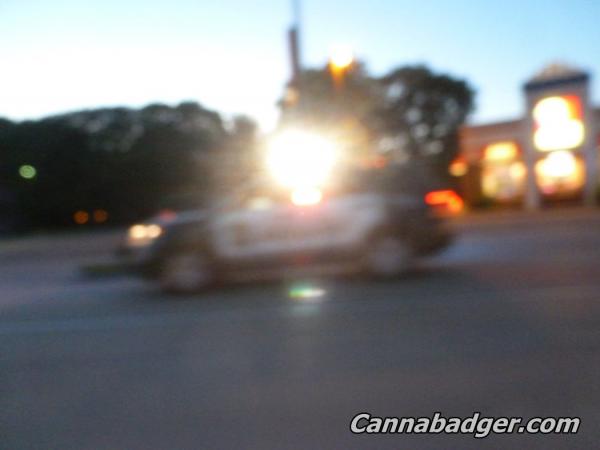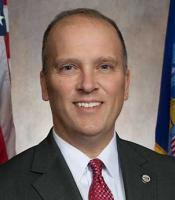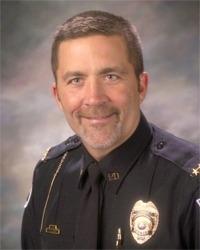The Stevens Point Journal published a nice look at local efforts to decriminalize cannabis possession after the city council recently reduced pot fines, “Marijuana decriminalization spreads across WI.” It was then picked up by the Associated Press (AP) and is now reappearing in abbreviated form in various media outlets including the Milwaukee Journal-Sentinel. The original version is a good overview that covers a lot of ground, although the April 2015 vote by the Dane County Board reducing county pot fines to $1 plus costs surprisingly went unmentioned.
It did, however, give welcome exposure to some attitudes that seem increasingly dated with full legalization now a reality in four states and Washington D.C. Legalization is a national issue with more and more states likely to put it before voters in 2016.
Related: Cancer patient driving force behind Stevens Point pot fine reduction
Related: Stevens Point City Council says yes to lower pot fines
Cannabis law reform is something the people of Wisconsin support. Three states on our borders now have legalized medical cannabis; Michigan, Illinois and Minnesota. Increasing numbers of Wisconsinites have visited Colorado and Washington and have partaken of legal pot. They’ve visited dispensaries and they’ve taken note that society has not collapsed and these state’s economies, unlike Wisconsin’s, are booming.
Given longstanding overwhelming support for legalizing medical cannabis in Wisconsin, it would not be a stretch to say that most Wisconsinites oppose the current status quo where in many places, basically any amount of cannabis could potentially be charged as a felony and second offense possession of any amount is also a felony.
Madison Police Chief Michael C. Koval (Source: Madison Police Dept.)
The article includes comments from Madison Police Chief Mike Koval, a supporter of cannabis legalization, supporting Madison’s ordinance. Koval says he isn’t “thrilled” to arrest citizens for drug possession “because the arrest and conviction record will live with that person forever.”
Koval’s views contrast sharply with the comments of law enforcement officials from the Central Wisconsin cities of Marshfield, Wausau, and Wisconsin Rapids, who are quoted and still talk about the discredited “gateway theory” and oppose even a small step like decriminalization, which itself is basically a 40-plus year old idea.
Their comments illustrates the depths that cannabis prohibition remains ingrained in Wisconsin. Even the handful of Milwaukee alders who opposed the successful effort to reduce pot fines there talked as if a reduction in fines would destroy civilization in the Beer City.
Here are the comments from decriminalization opponents from the Stevens Point Journal article:
Some cities resist movement
Police officers in some cities choose to charge all offenders with crimes, even when they have the option to give someone a citation.
The city of Marshfield, for example, has a marijuana ordinance, but police rarely use it, said Officer Jim Cramm. The city wants to take a strong stance against marijuana, and officers want to ward people off from moving on to harder drugs, he said.
“It’s a gateway,” Cramm said. “They dabble in that, then they feel kind of less inhibition to maybe move on to something more interesting, more exciting, more powerful.”
He said charging offenders with crimes also gives police more leverage as they pressure users to help them track down and prosecute drug dealers. Offenders may help police with their investigations and be rewarded with a reduction or dismissal of charges.
A similar stance is taken in Wausau, where City Attorney Anne Jacobson said she hasn’t prosecuted any municipal violations for marijuana possession.
Some citations may be issued, she said, but people may pay those fines without going to court.
Wisconsin Rapids Police Chief Kurt Heuer. (Source: Wisconsin Rapids Police Dept.)
Not every municipality has joined the local-level movement. The city of Wisconsin Rapids, for example, doesn’t have a marijuana ordinance, though that may soon change, according to Wisconsin Rapids Police Chief Kurt Heuer.
“Our mindset has always been we don’t want to see decriminalization,” he said. “However, we are in discussion in regards to the realities of having an ordinance available.”
Heuer said he is concerned about where marijuana use can lead for people and has seen it lead to the use of harder substances.
“I still just don’t want to see the decriminalization,” he said. “If there’s a tool for lesser amount, personal use, that makes sense, we’re exploring that.”
Wisconsin Attorney General Brad Schimel. (Source: WI DOJ)
At the state level, the article states Wisconsin Attorney General Brad Schimel is willing to support decriminalization in some cases, but makes it clear he opposes legislation like Rep. Melissa Sargent’s AB224, which would legalize small amounts of cannabis for adult use and create a medical cannabis patient registry.
Wisconsin Attorney General Brad Schimel said he supports decriminalization at local levels for young people and first-time offenders, and has no issue with the way municipalities are taking steps in that direction.
But he said he can’t get on board with statewide marijuana legalization. Schimel said young people make mistakes and should be able to take advantage of a first-offense local ordinance, but that legalizing marijuana would do them a “disservice.”
“I can’t support this (legalization),” Schimel said. “It’s a more dangerous drug than it was in the past. It’s a more addictive drug than it was in the past, and the consequences are going to be a deeper scar.”
Rep. Melissa Sargent (D-Madison) is a sponsor of cannabis legalization legislation. (Source: Cannabadger.com)
At least one statewide law enforcement organization is actively opposing AB224. According to the Wisconsin Government Accountability Board’s (GAB) “Eye on Lobbying,” AB224 is opposed by the Wisconsin Chiefs of Police Association which registered “Against” as of 5/29/2015. No other entities have yet registered in opposition or support as of this writing.
There are no current registrations opposing AB246, the decriminalization bill sponsored by Rep. Mandela Barnes (D-Milwaukee). Madison NORML is coordinating a lobby day on Sept. 15 to support AB246.





